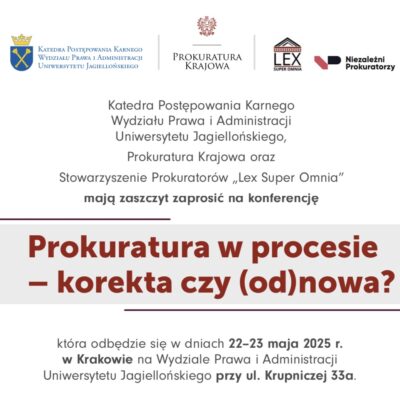MEDEL statement on the EU Commission’s decision of bringing Poland to the ECJ

MEDEL wishes to express its support to the decision of the European Commission to transfer Poland to the Court of Justice of the EU due to violations of the principle of judicial independence created by the new Polish Law on the Supreme Court and to ask the Court to order interim measures until it has issued a judgment on the case.
MEDEL also praises the First Vice President of the European Commission, Frans Timmermans, for his personal commitment in upholding European values and supporting the defence of the rule of law in Poland.
The European Court of Justice has already confirmed in previous cases that judicial independence is one of fundamental principles in EU law. In Portugal judges case (Associação Sindical dos Juízes Portugueses v Tribunal de Contas, C-64/16) the Court emphasised that tribunal’s independence is essential to the proper working of the judicial cooperation system between national courts and the Court of Justice. In the Celmer case (Minister for Justice and Equality v LM, C-216/18) the Court pointed out that maintaining the independence of judicial authorities is essential in order to ensure the effective judicial protection of individuals. This verdict was submitted in the context of the situation in Poland. The Court stressed that takes into consideration a reasoned proposal addressed by the Commission to the Council on the basis of Article 7(1) TEU. The Court held that the existence of a real risk that the person in respect of whom a European arrest warrant has been issued will suffer a breach of his fundamental right to an independent tribunal and, therefore, of the essence of his fundamental right to a fair trial is capable of permitting the executing judicial authority to refrain, by way of exception, from giving effect to the European arrest warrant.
The ongoing procedure initiated by the European Commission shall finalize with the verdict answering definitely, whether Polish law on the Supreme Court is compatible with EU law (art. 19 (1) of the Treaty on EU in connection with Article 47 of the Charter of Fundamental Rights of the European Union), especially in the scope of ensuring the principle of irremovability of judges.
It is worth to mention that Polish courts, including the Supreme Court, submitted a series of preliminary questions to the Court of Justice in which the new law on the Supreme Court and the National Judicial Council is challenged. Polish judges question not only lowering the retirement age, but also new regulations on the disciplinary proceedings, in which executive takes full control over judges, who are deprived of basic procedural rights.
The gravity of the situation can be fully understood when we take into account that those very judges referring their cases to the Court of Justice are now subject of disciplinary proceedings and various bullying activities (especially in public media, totally dependent of the governing party). The same happens to judges who openly declare their commitment to the rule of law.
The continuation of the so called “reforms of judiciary”, deemed unconstitutional by the vast majority of experts both in Poland and in Europe, must be strongly and boldly opposed by all European bodies and authorities – legal and political.
We cannot accept any European country to degrade their legal standards to the level lower than that required from candidate countries.
October 1st, 2018






